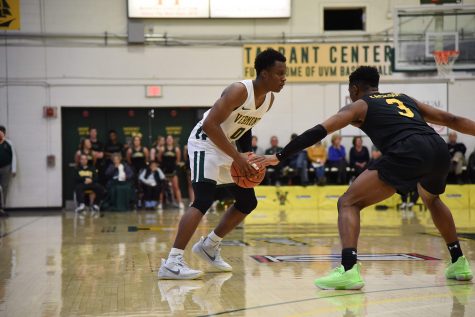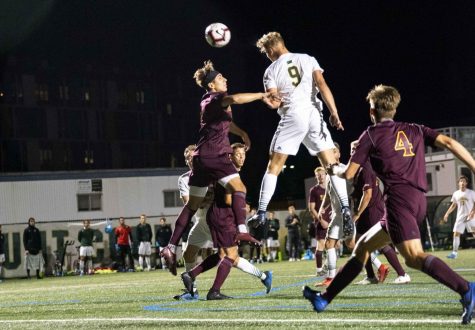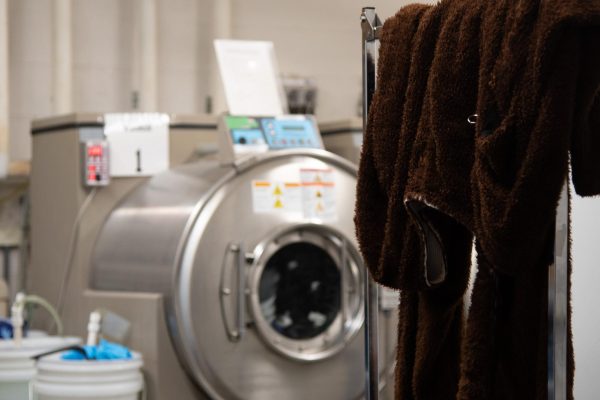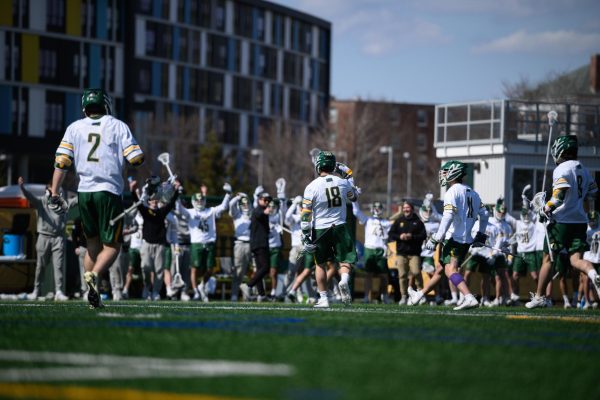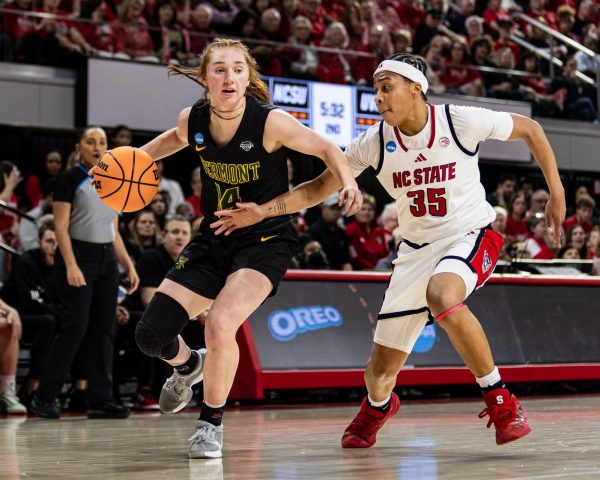Spieth chokes on big stage
In golf, the player’s most formidable opponent might not be the other players or the course.
Their biggest competition comes from their own mind.
Unlike in most sports, golfers have up to 10 minutes between each of their shots.
This time allows golfers to think about their previous poor shots or missed opportunities.
Jordan Spieth faced immense pressure April 10 afternoon during the final round of The Masters, where the defending champion held a one-stroke lead after three rounds.
Spieth was chasing his third major championship, the accomplishment that defines greatness in golf, at age 22.
He held a five-stroke lead with nine holes to play; such a commanding lead the television announcers declared the victory was his.
The wheels came off for Spieth on the back nine, facing three of the course’s hardest holes in succession.
In a word, he choked.
Spieth started off his back nine with two bogeys, reducing his lead to three strokes.
Desperately needing to rebound at the 12th hole, Spieth took an unnecessary risk by hitting a dangerous shot into a difficult location.
The shot came up short and splashed into the water in front of the green.
After taking a penalty drop, Spieth rushed up to the ball, out of character from his painfully slow and methodical style, and hit the shot so poorly it barely reached the water.
Spieth’s chances of winning his second Masters title sunk with the two golf balls he put in the creek, as he posted a quadruple-bogey seven.
His five-shot lead turned into a three-shot deficit of eventual champion Danny Willett in a mere 45 minutes.
Spieth needed to hit a conservative shot to escape the difficult hole with a par and his chance at winning the championship intact.
A shot that awful can only be attributed to nerves under pressure.
Give Spieth 100 tries at the same recovery shot without pressure and he’ll seldom leave one in the water.
Give him 10,000 shots and he’ll never hit one as poorly as he did with the pressure on.
Nerves have traditionally played a role in the Masters, one of golf’s most prestigious events.
In 2011, Rory McIlroy, then a PGA Tour rookie, found himself in a similar position as Spieth at the Masters.
McIlroy went to the 10th tee with a one-stroke lead and hooked his tee shot incredibly far left – think Bernie Sanders territory – and made a triple-bogey, derailing his chances at winning.
McIlroy followed his final round meltdown at Augusta by winning the U.S. Open, golf’s next major, by eight strokes.
McIlroy’s comeback shows there is precedent for success after suffering a meltdown on one of golf’s biggest stages.
However, there are equally painful stories of golfers never recovering their form after a collapse.
The saving grace for Spieth is that he won multiple major championships before this collapse.
He knows what it takes to win at the highest level.
All professional golfers go through a mental collapse at some point in their career.
The great players always find a way to overcome it: Let’s see what Spieth has in him.


